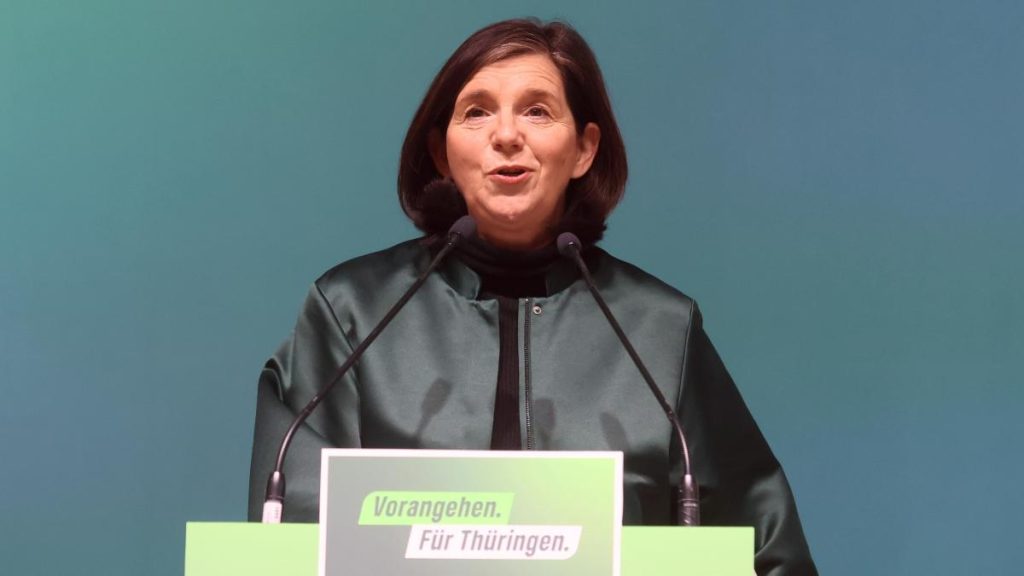In an interview with the Funke-Mediengruppe newspapers, Bundestag Vice President Katrin Göring-Eckardt expressed concern about the ongoing negativity towards parliamentary democracy due to the pandemic. She emphasized the importance of a thoughtful and respectful review of the government’s response to the crisis, rather than using it as an opportunity to attack individuals in politics, medicine, or science. Göring-Eckardt stressed the need to learn from the past and prepare for future emergencies in a way that benefits both politics and society.
Göring-Eckardt acknowledged that the government’s response to the pandemic was not perfect, as it was an unprecedented situation that required quick decision-making. She highlighted the importance of healing the societal wounds caused by the virus through a reflective and respectful review of the actions taken. Göring-Eckardt also called for critics of the government’s pandemic policies to consider whether they had ignored the fears and concerns of their fellow citizens in the face of the unknown.
She suggested that it would have been wise to have a transparent debate in the German Bundestag at the beginning of the legislative period to discuss what lessons could be learned from the pandemic, especially in terms of parliamentary decisions. Göring-Eckardt emphasized the need for openness to prevent fueling conspiracy theories and unrest. She made it clear that democratic oversight was not suspended during the pandemic, emphasizing the importance of accountability and learning from past mistakes.
As calls for an inquiry into the government’s handling of the pandemic grew louder four years into the crisis, Health Minister Karl Lauterbach expressed openness to such a review. However, he stressed the need for a careful and forward-looking approach to the process. Lauterbach emphasized the importance of focusing on what lessons can be learned and how to improve crisis management in the future. He underscored the need for the government to consider the most effective way to conduct the review.
Overall, the discussion surrounding the need for an evaluation of the government’s response to the pandemic reflects a desire to learn from the crisis in order to better prepare for future emergencies. The importance of constructive dialogue, accountability, and transparency is highlighted by politicians like Göring-Eckardt and Lauterbach. By approaching the review process with a focus on learning and growth, Germany aims to turn the challenges of the past into opportunities for improvement and resilience in the future.














